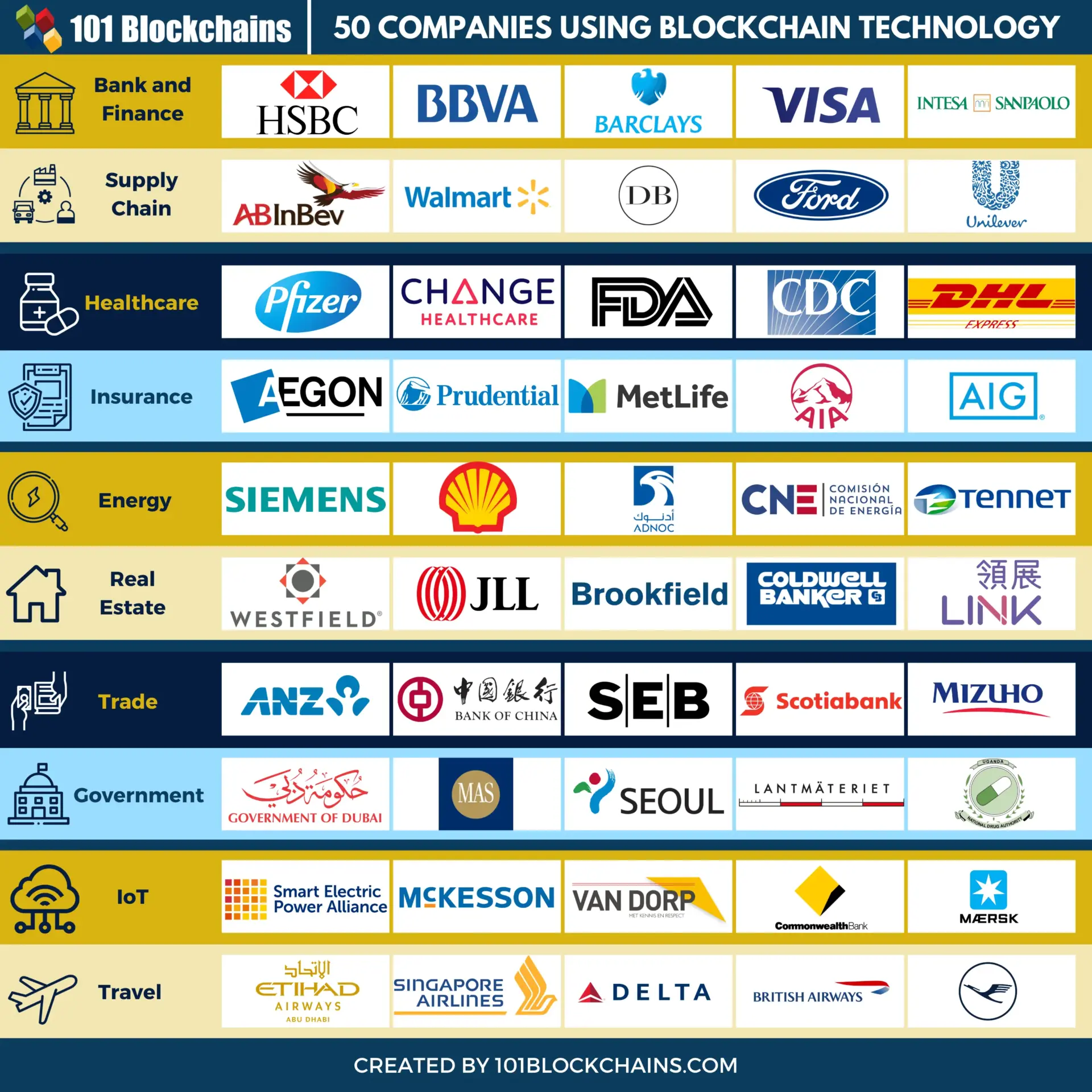A blockchain is a breakthrough technology that has the potential to revolutionize many sectors because it offers significant advantages over old approaches. A blockchain offers several significant benefits, such as efficiency, security, immutability, decentralization, and transparency.
What are the benefits of blockchain?
The benefits of blockchain are increasing trust, security and transparency among member organizations by improving the traceability of data shared across a business network, plus delivering cost savings through new efficiencies.
Building trust and boosting the bottom line
Blockchain for business uses a shared and immutable ledger that only members with permission can access. Network members control what information each organization or member can see, and what actions each can take. Blockchain is sometimes called a “trustless” network—not because business partners don’t trust each other, but because they don’t have to.
This trust is built on blockchain’s enhanced security, greater transparency and instant traceability. Beyond matters of trust, blockchain delivers even more business benefits, including the cost savings from increased speed, efficiency and automation. By greatly reducing paperwork and errors, blockchain significantly reduces overhead and transaction costs, and reduces or eliminates the need for third parties or middlemen to verify transactions.Learn more about blockchain technology PlaybookSharpen Your Manufacturing Competitive Edge With Smarter Asset Management
Learn how next-generation detection devices shift asset management services from routine maintenance regimes to predictive, AI-powered processes.Related content.
5 IMPORTANT BLOCKCHAIN BENEFITS
1. Increased protection
Your data is important and sensitive, and blockchain has the power to drastically alter your perspective on this vital information. The blockchain assists in the prevention of fraud and illegal conduct by producing a record that is unchangeable and end-to-end encrypted.
By employing permissions to restrict access and anonymizing personal data, you can handle privacy concerns on the blockchain. Information is stored over a network of computers rather than on a single server, making it more difficult for hackers to access it.
2. Increased openness
Every organization needs to maintain a separate database in the absence of blockchain. Blockchain maintains data and transactions in different locations in an identical manner since it uses a distributed ledger.
Full transparency is ensured since all network users with authorized access view the same data simultaneously. Every transaction is time- and date-stamped and irreversibly recorded. Members can see the complete transaction history thanks to this feature, which also practically removes the possibility of fraud.
3. Instantaneous traceability
Blockchain technology generates an audit trail that records an asset’s origins at each stage of its travel. This serves as evidence in sectors of the economy where consumers are worried about a product’s impact on the environment or human rights, or where fraud and counterfeiting are problems.
Data concerning provenance can be shared directly with customers via blockchain. Additionally, traceability data can highlight weak points in any supply chain, such as items left on a loading dock while awaiting transportation.
4. Enhanced effectiveness and velocity
Conventional paper-intensive procedures take a lot of time, are prone to human mistake, and frequently call for outside mediation. Blockchain simplifies these procedures, allowing for quicker and more effective transaction completion.
Documentation and transaction data can be stored on the blockchain, doing away with the necessity for paper exchange. Clearing and settlement can happen considerably more quickly because there is no need to reconcile various ledgers.
5. Mechanization
Transactions can be automated using “smart contracts,” which will expedite the procedure and boost your productivity even further. The next stage in the transaction or process is initiated automatically once the pre-specified requirements are satisfied.
Smart contracts lessen the need for human intervention and third parties to confirm that the provisions of the contract are being fulfilled. For instance, in the insurance industry, the system automatically settles and pays claims whenever the customer submits the required papers.

